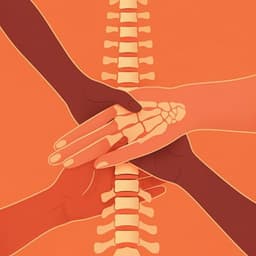
Psychology
Flow: The Psychology of Optimal Experience
M. Csikszentmihalyi
Discover the profound insights of Mihaly Csikszentmihalyi on optimal human experience in areas like enjoyment, creativity, and flow. This engaging review sheds light on the balance of skill and challenge necessary for achieving flow, making complex ideas accessible without falling into self-help clichés.
Playback language: English
Related Publications
Explore these studies to deepen your understanding of the subject.







